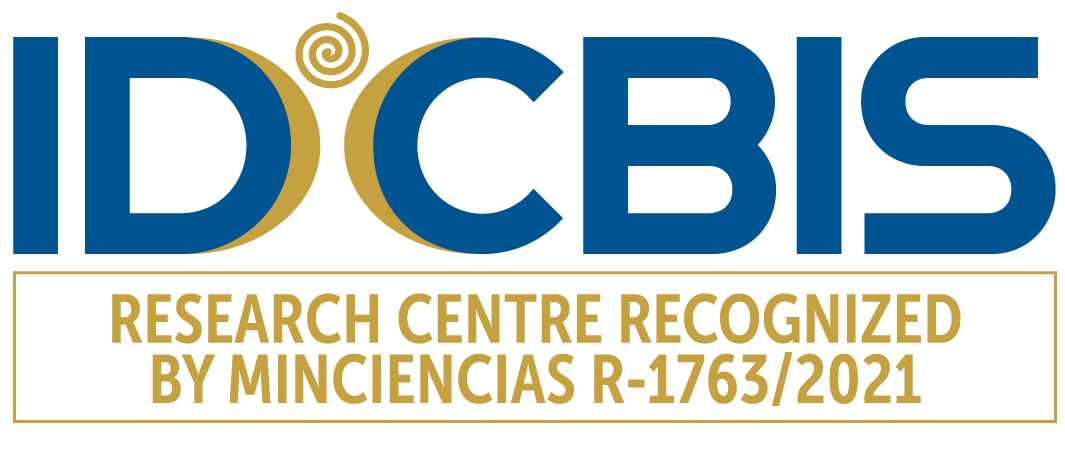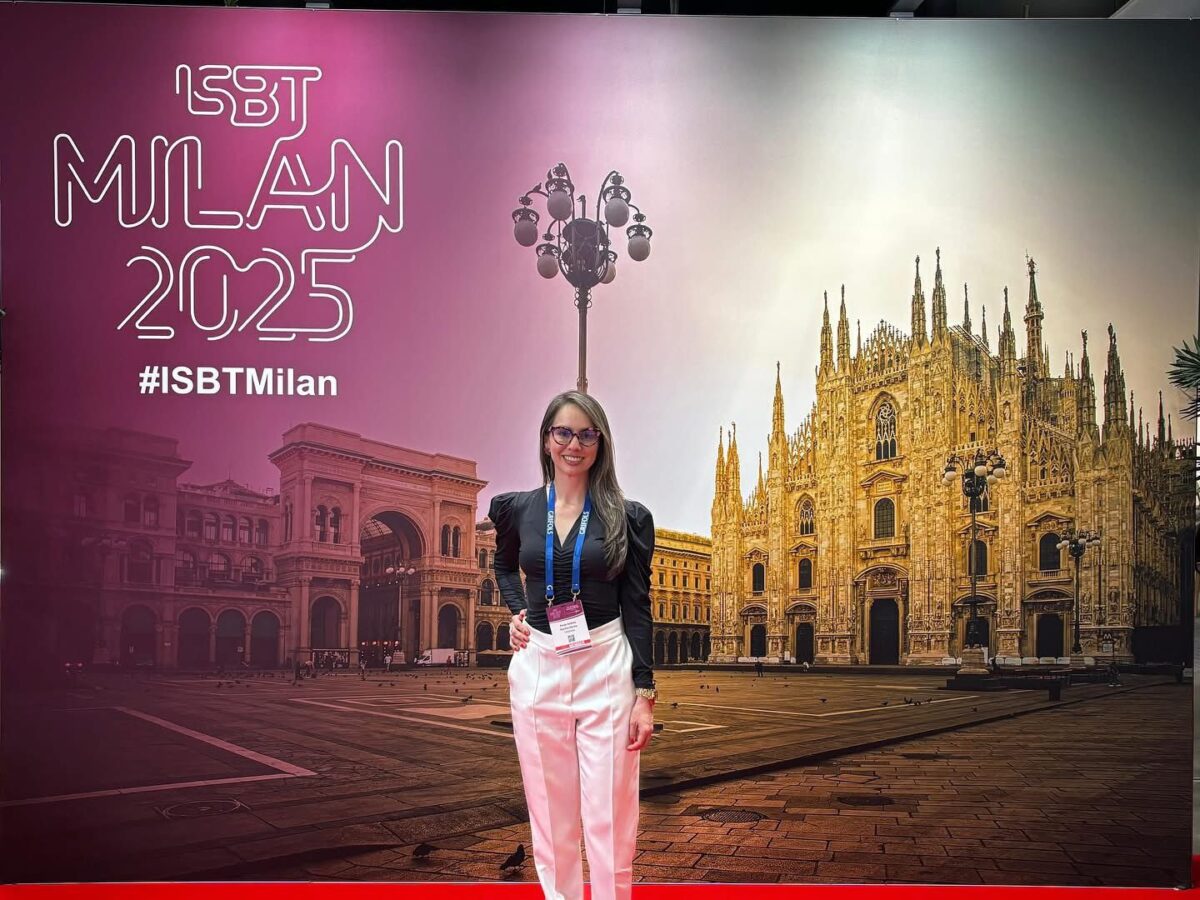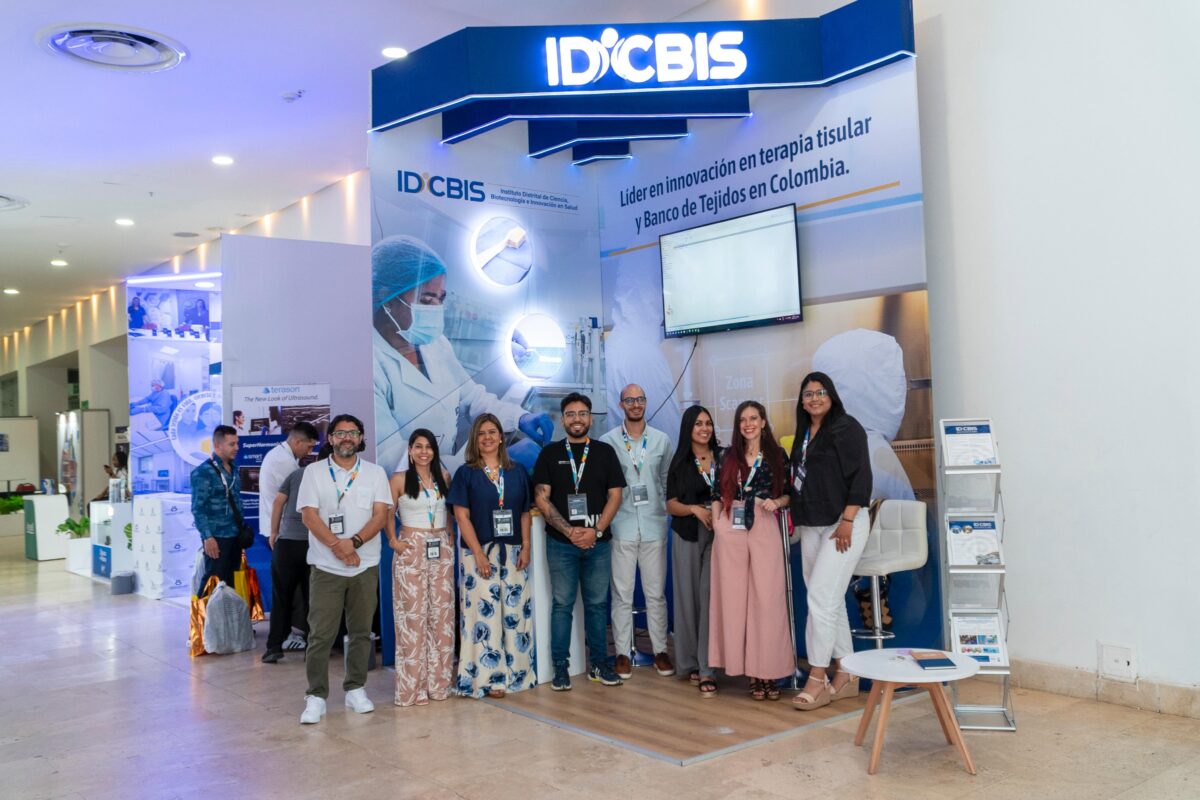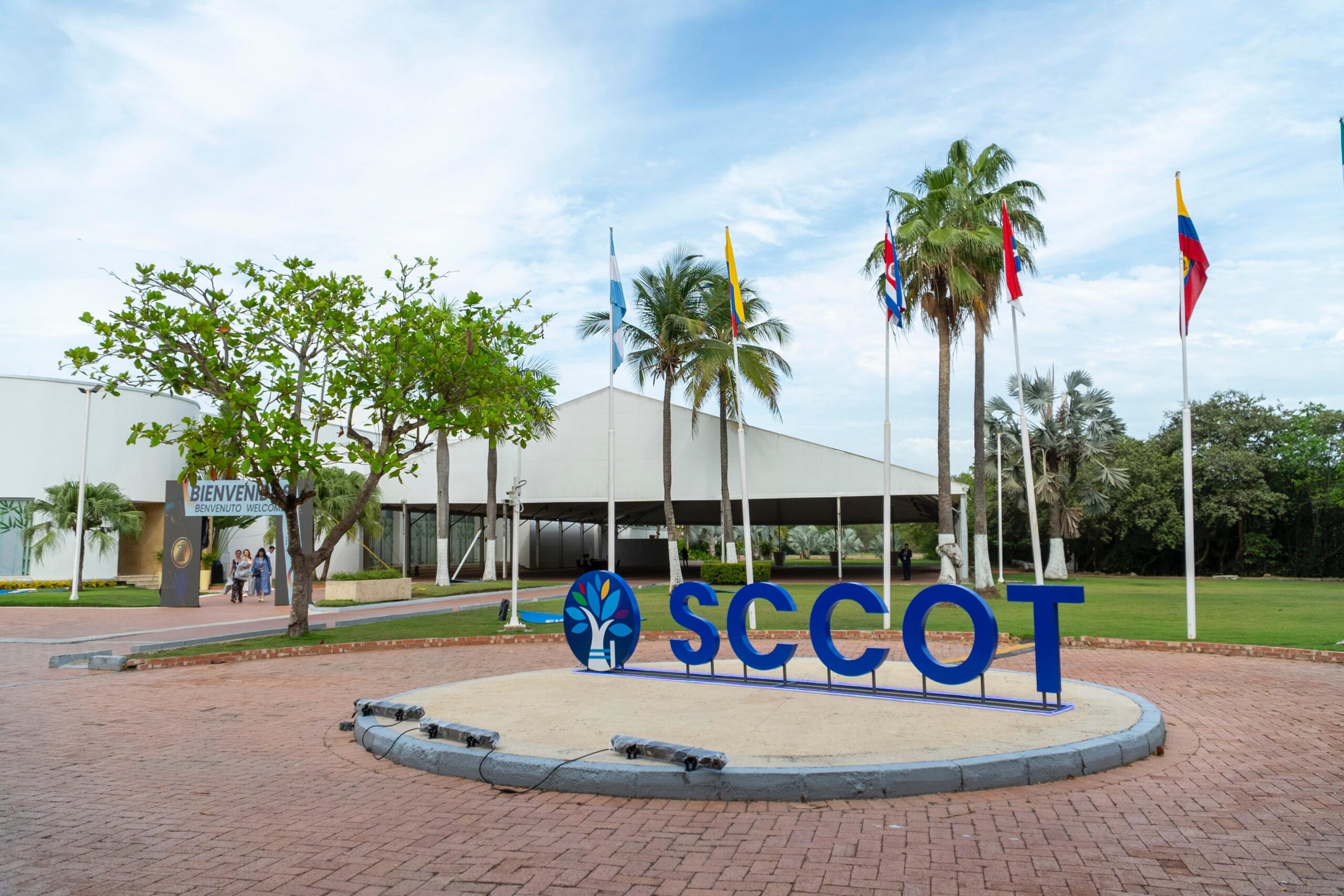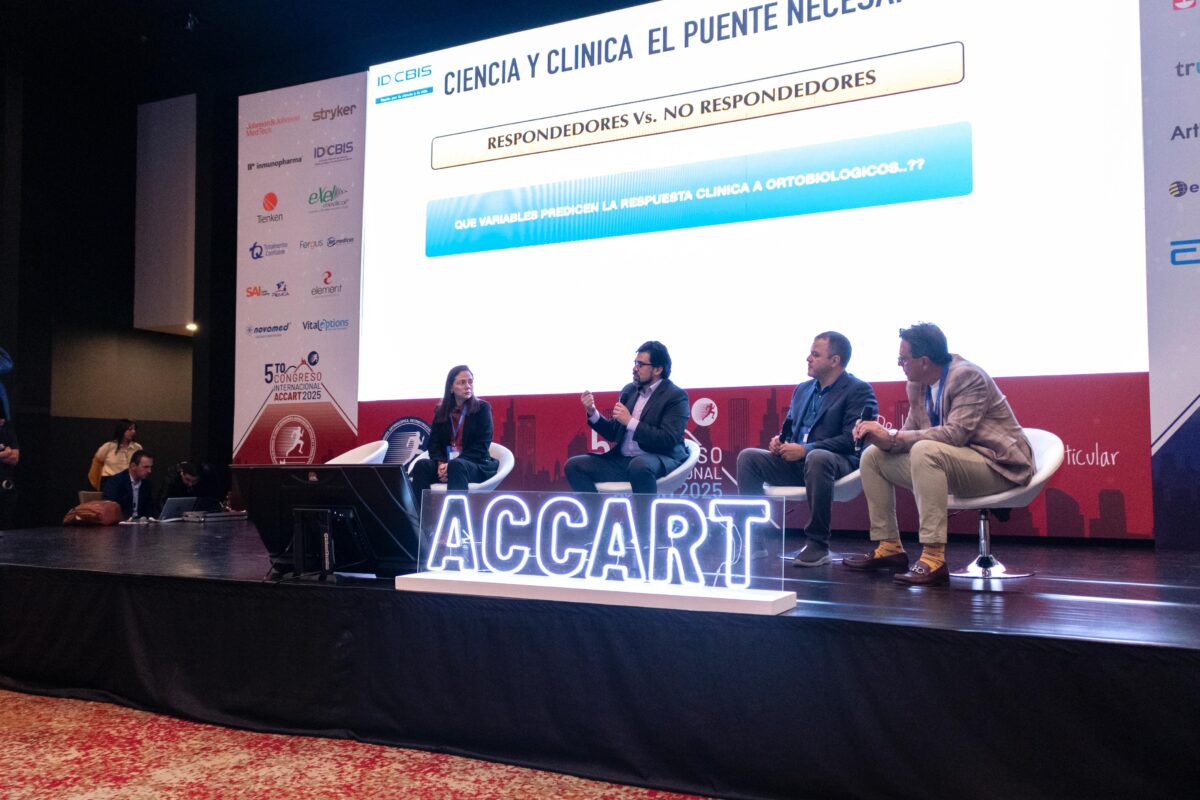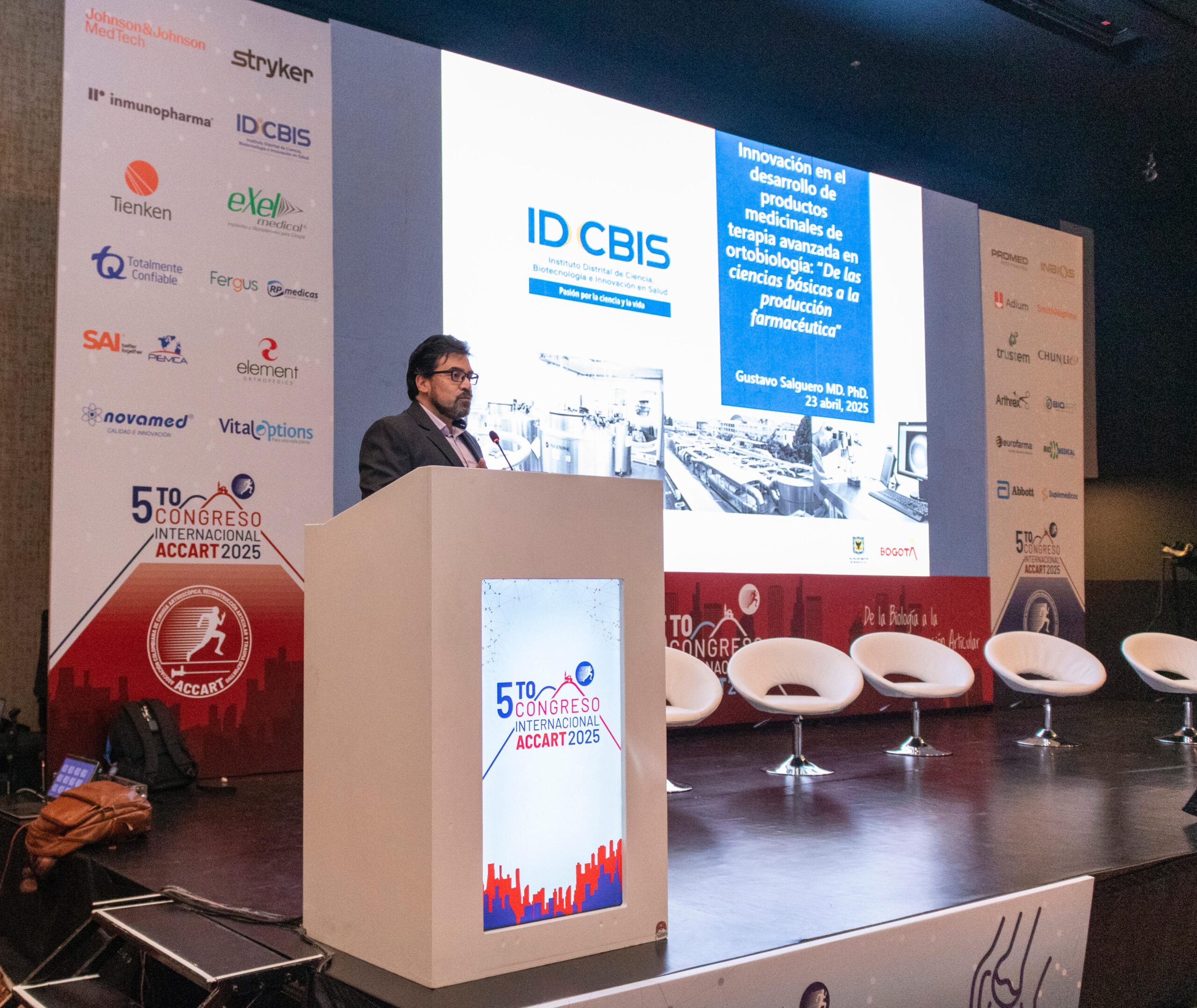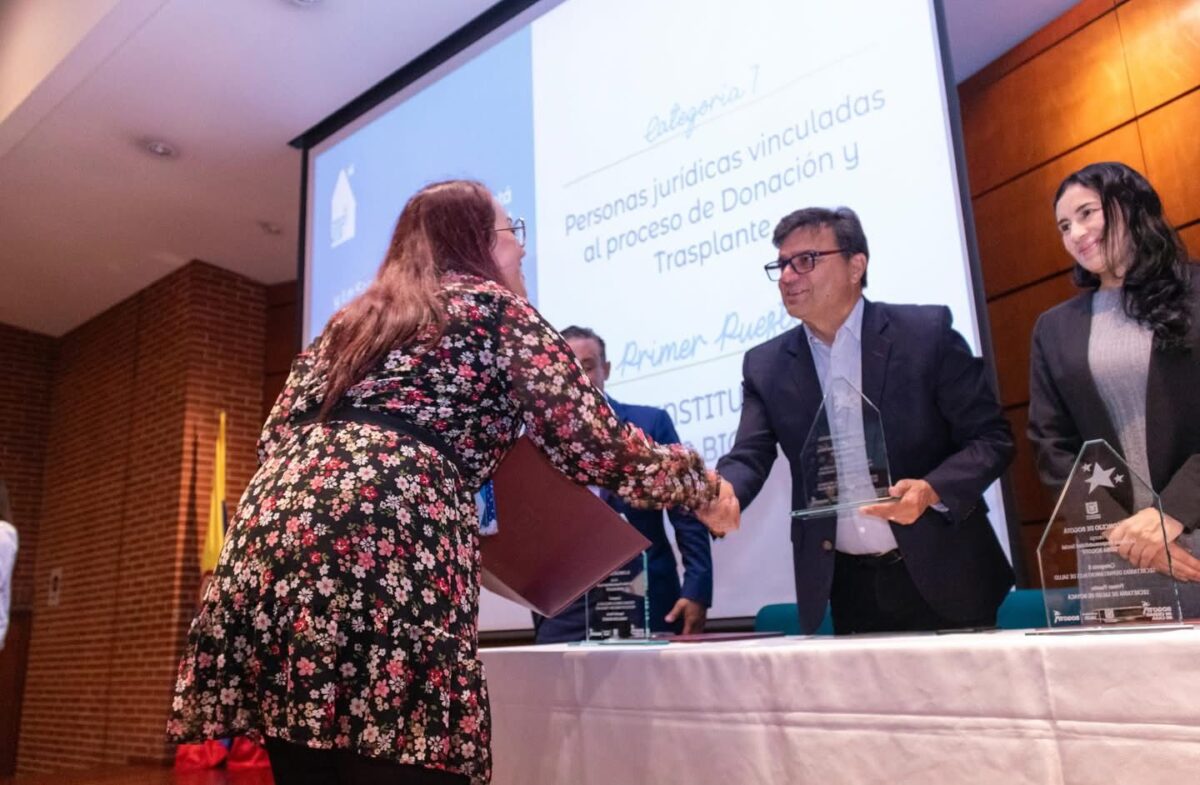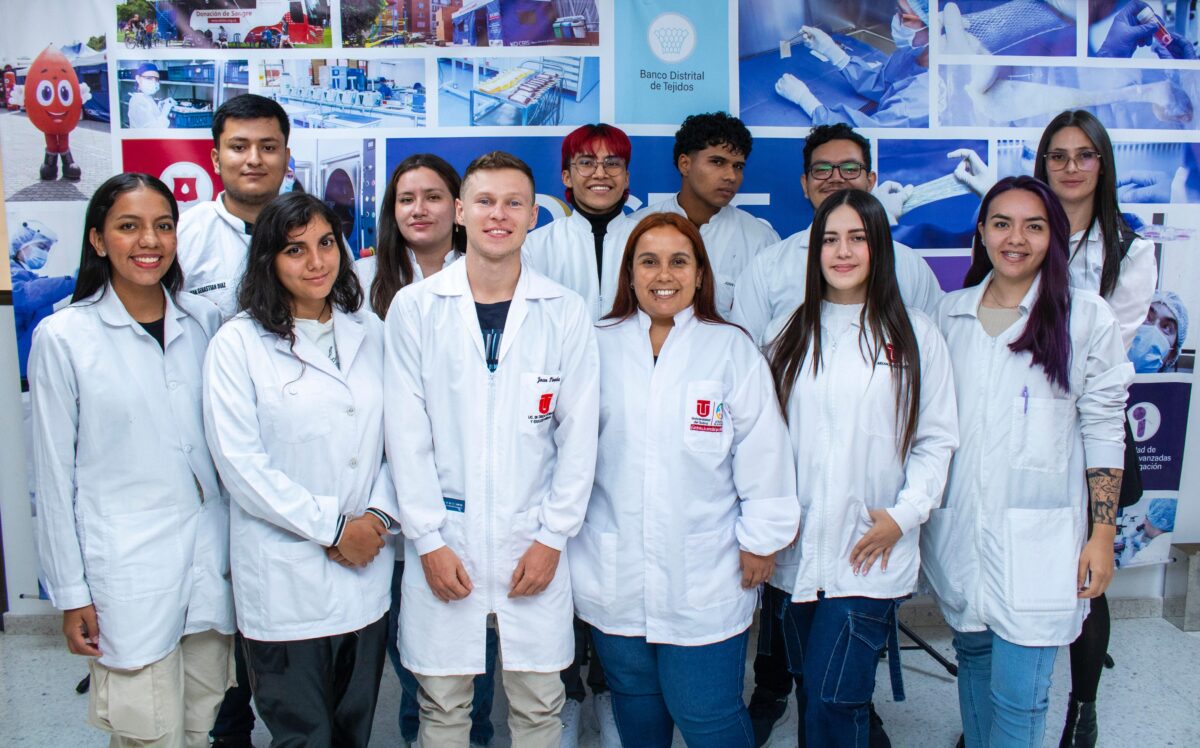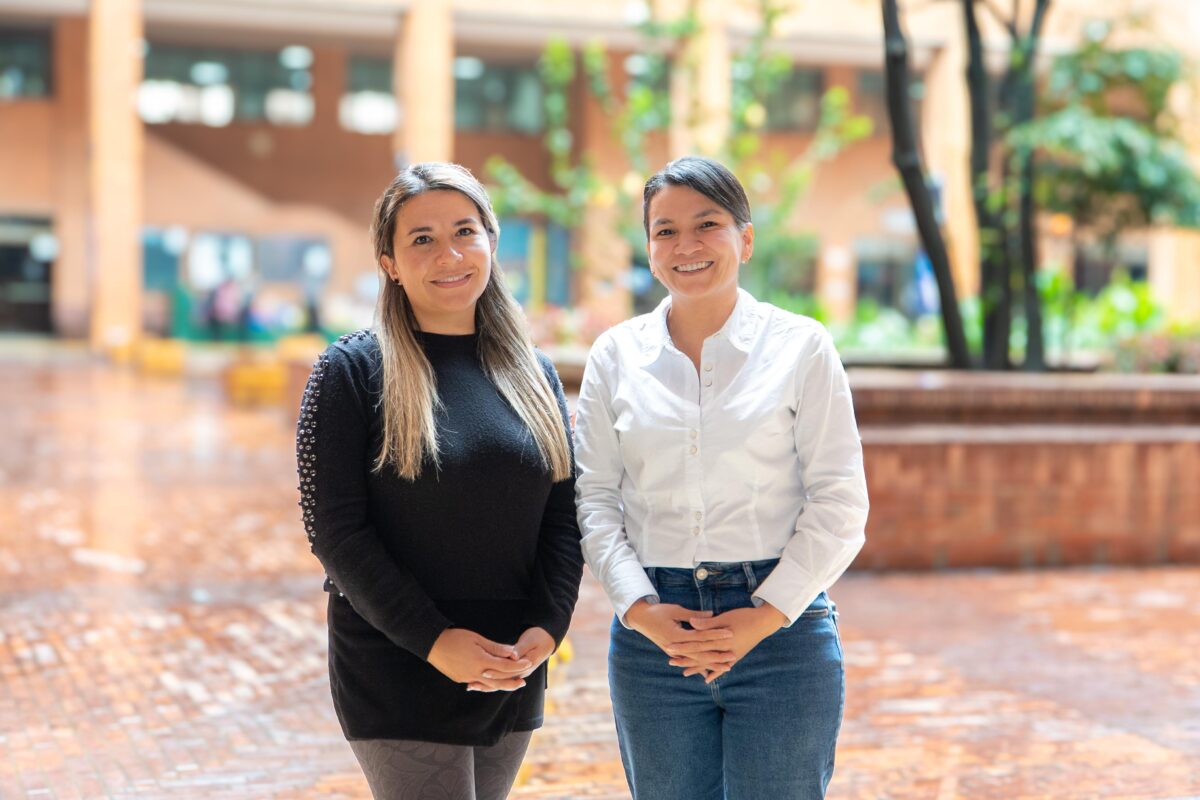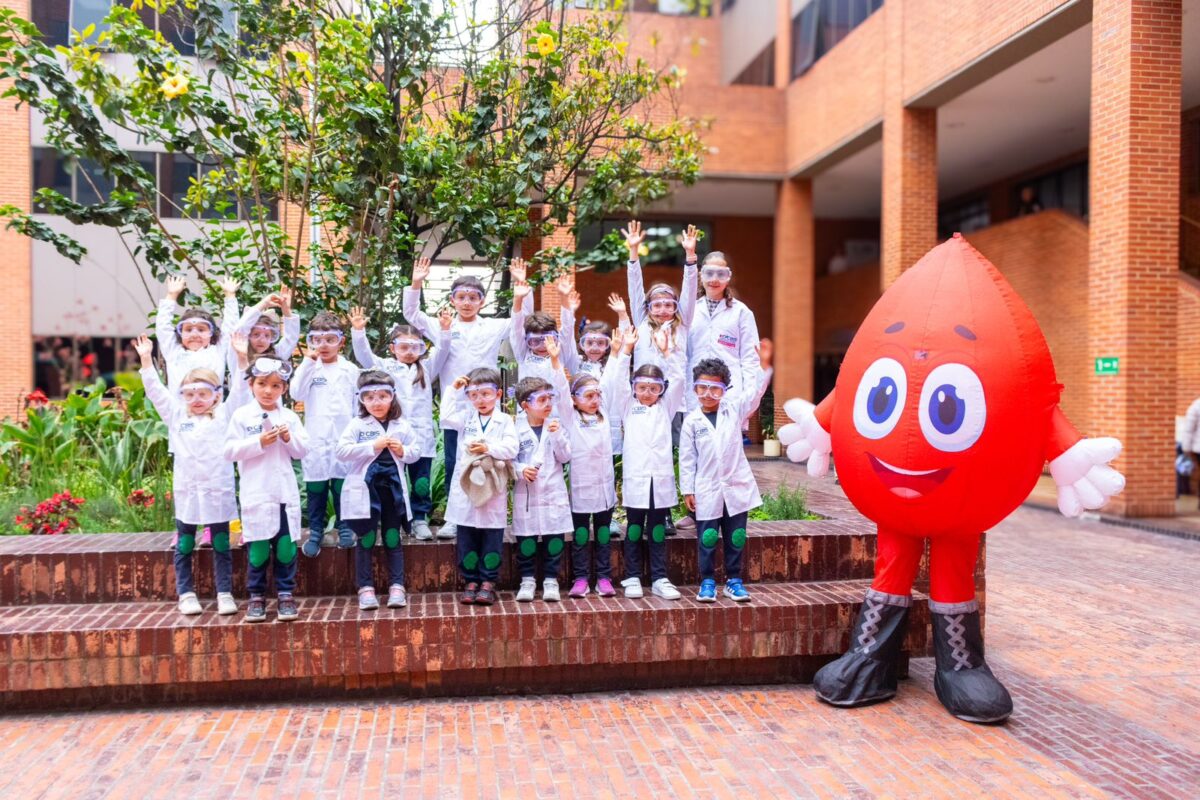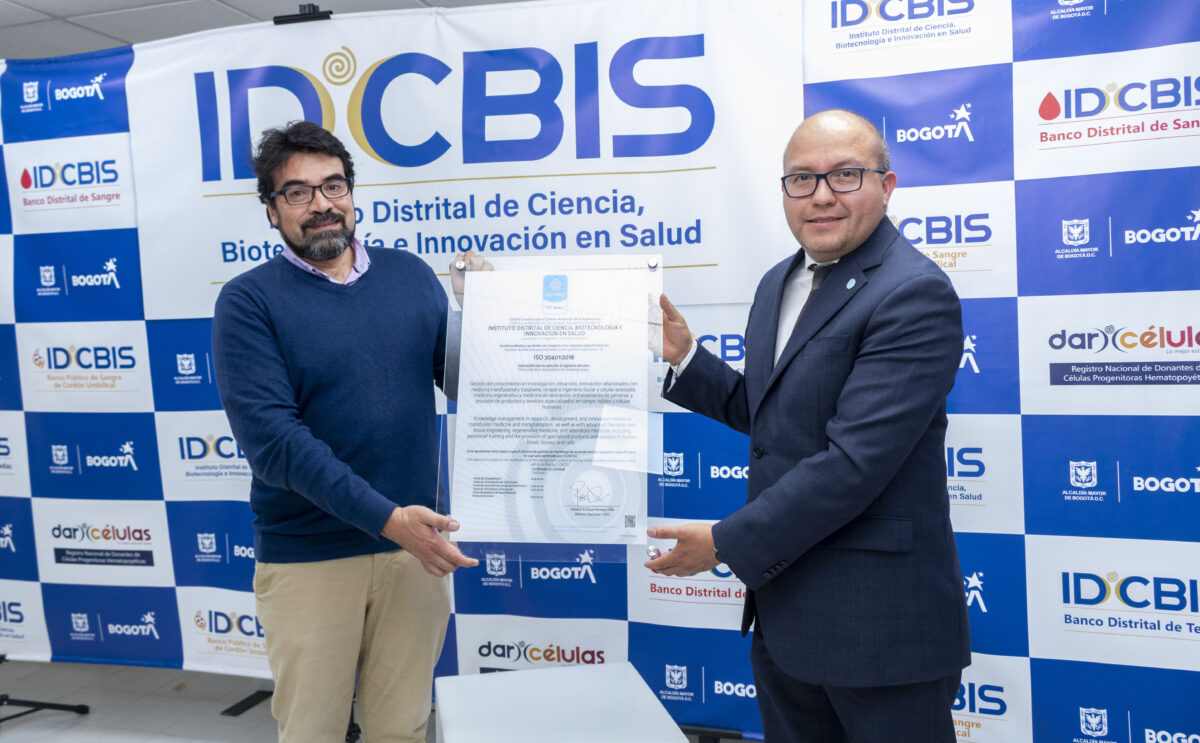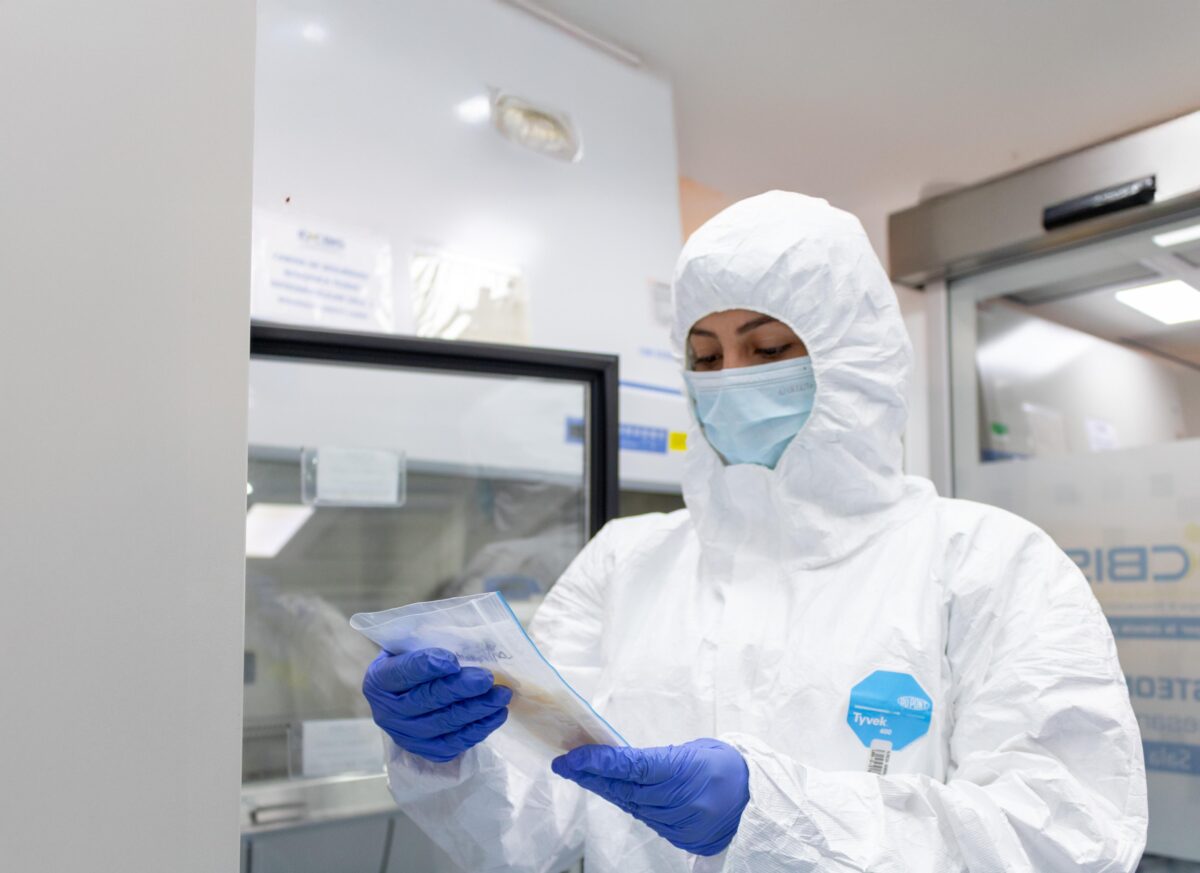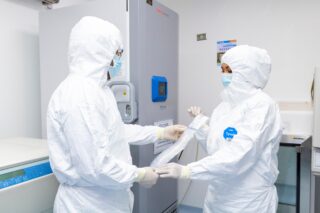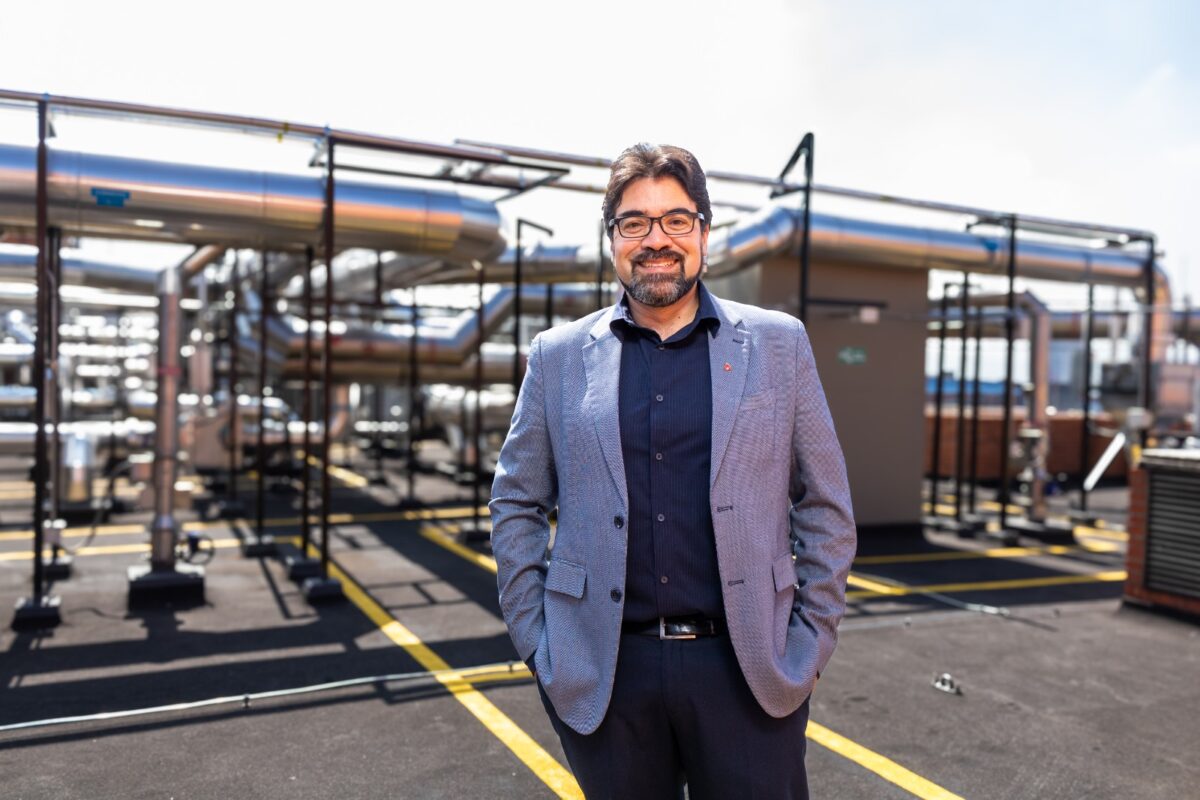Bogotá D.C. En un esfuerzo por promover la educación científica y acercar la ciencia a la comunidad, Instituto Distrital de Ciencia, Biotecnología e Innovación en Salud (IDCBIS), a través del grupo de gestión de la investigación, promueven los “Innovatours”, como una puesta hacia la apropiación social del conocimiento, del trabajo que se realiza en las distintas áreas misionales y operativas del instituto orientadas a investigación.
¿Quién puede hacer un Innovatours?
• Cualquier persona de la comunidad, Entidades de educación superior y empresas, tanto de origen Nacional e Internacional.
• Profesionales nacionales o internacionales, que quieran realizar sus entrenamientos o rotaciones, ya que, el instituto es referente a nivel Nacional e internacional en buenas prácticas en los laboratorios de investigación.
Estas visitas están diseñadas para ofrecer a estudiantes, educadores, empresas y al público general la oportunidad de explorar laboratorios de investigación, conocer a nuestro equipo de investigadores, observar de primera mano los avances más innovadores en las áreas misionales con las que cuenta el IDCBIS, así como complementar procesos educativos de acuerdo con los perfiles profesionales de cada visitante.
Durante los recorridos, los participantes podrán:
• Visitar instalaciones de investigación de última tecnología.
• Participar en demostraciones científicas interactivas.
• Escuchar conferencias y charlas sobre temas relevantes en el mundo de la ciencia.
• Conversar con investigadores y científicos que están liderando el progreso en diversas disciplinas.
• Finalmente se hace un recorrido por los principales laboratorios con los que cuenta el IDCBIS.
Edwin salgado, profesional especializado a cargo de la gestión de convenios y alianzas, destaca la importancia de estos recorridos para fomentar la curiosidad y el interés en las ciencias, especialmente en un momento donde la innovación y el conocimiento científico juegan un papel fundamental en el desarrollo de nuestra sociedad, así como, el de fomentar la cultura de la donación.
¿Quieres hacer parte de un Innovatours?
• Escríbenos al correo electrónico gestiondelconocimiento@idcbis.org.co
• En un texto breve cuéntanos cuál es tu objetivo de hacer el Innovatours
• Finalmente, el equipo de apropiación del conocimiento se pondrá en contacto para establecer fecha del recorrido.
• Es importante conocer que los innovatours son gratuitos.

